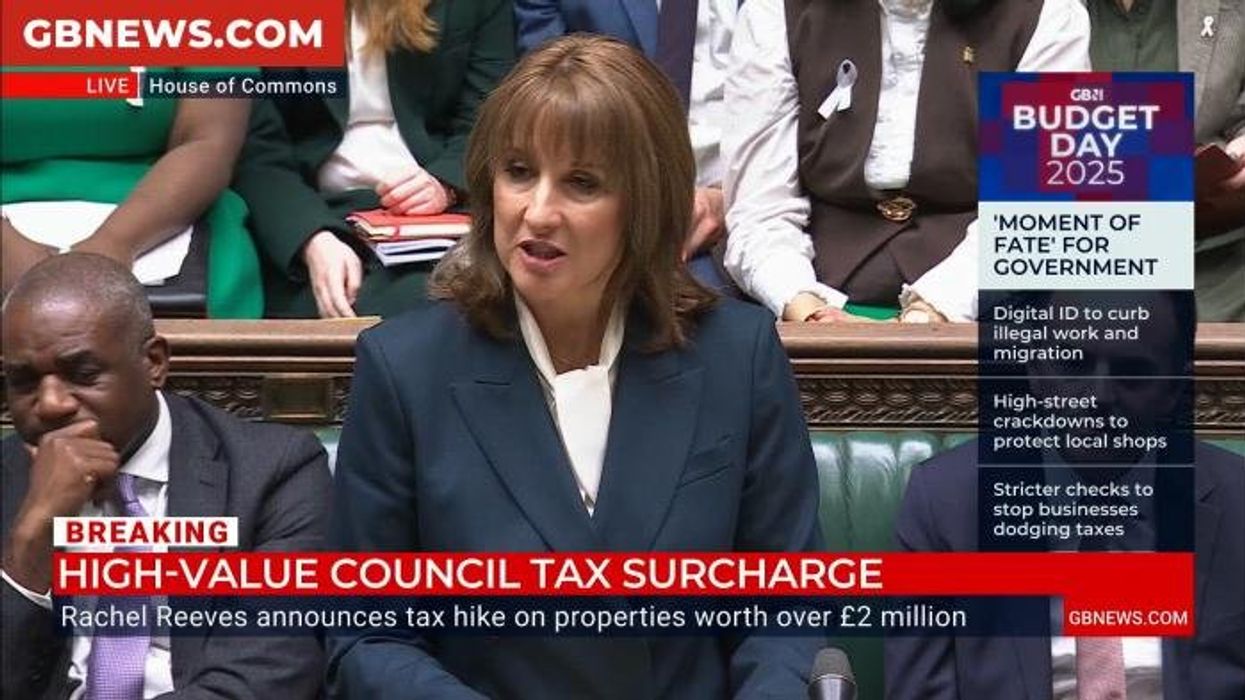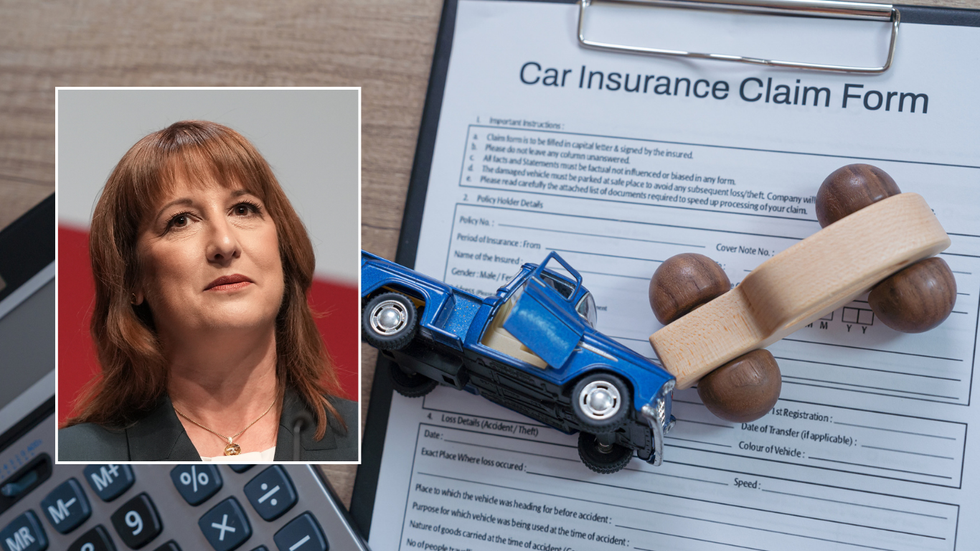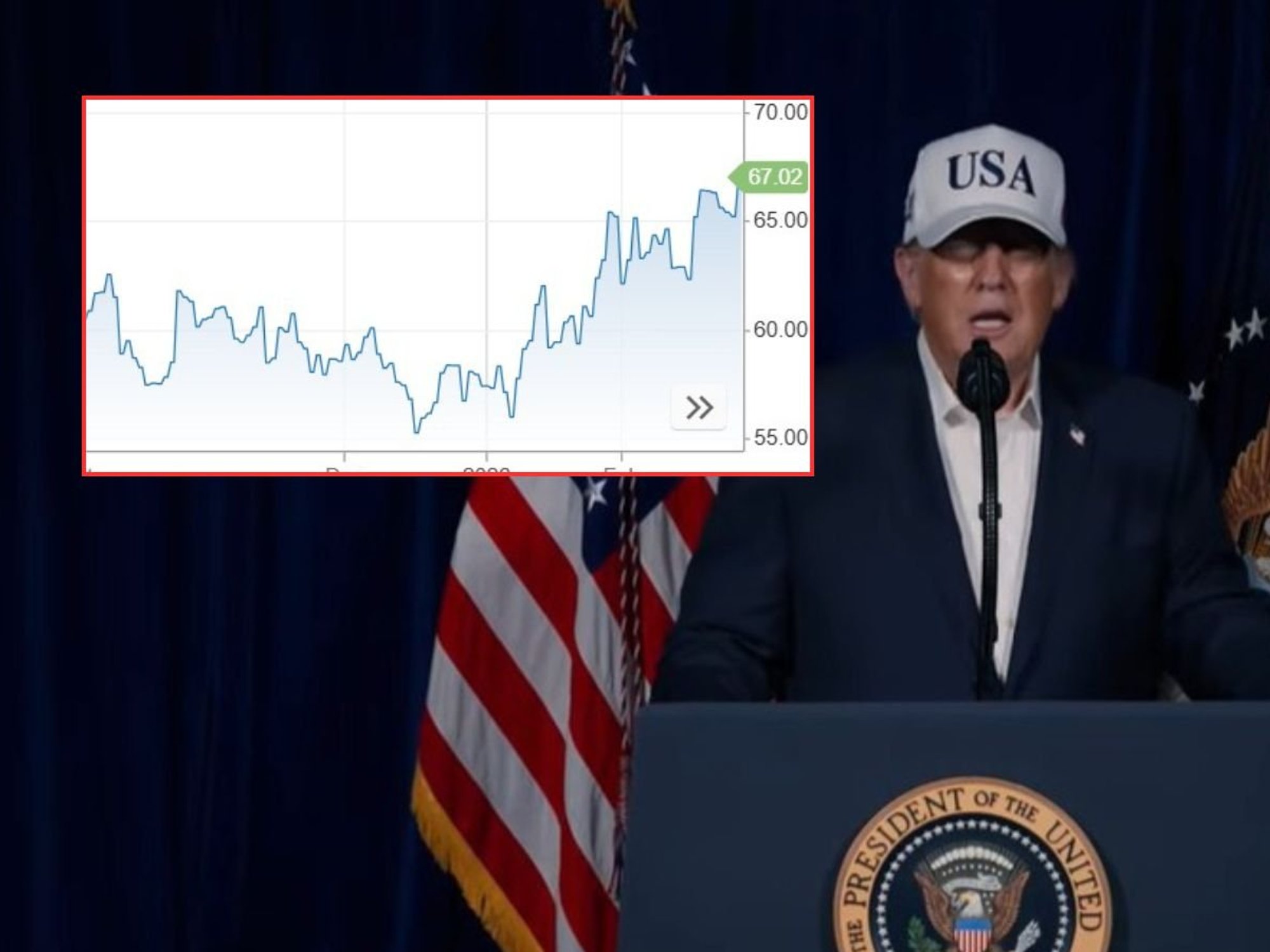Motorists risk tougher car insurance rules as Rachel Reeves' car taxes impact millions - 'Face consequences'

WATCH: Chancellor Rachel Reeves says drivers will be taxed under a pay-by-mile system
|GB NEWS

Experts have warned that, following the pay-per-mile announcement, car insurers could introduce tougher mileage rules
Don't Miss
Most Read
Latest
Motorists have been warned they could face stricter car insurance rules, marking a direct result of Chancellor Rachel Reeves's Autumn Budget.
The warning follows the announcement of a new 3p per mile charge for electric vehicle drivers this week, which is set to take effect in 2028.
The levy, which will be calculated annually based on distance travelled and added to existing road taxes, has prompted warnings that insurance companies will intensify their scrutiny of annual mileage declarations for all drivers, not just those with electric vehicles.
Industry experts predict that the Government's move to monetise driver mileage will trigger a broader crackdown on mileage reporting accuracy across the insurance sector.
TRENDING
Stories
Videos
Your Say
The heightened focus on odometer readings could affect millions of motorists who currently estimate their yearly mileage when taking out car insurance policies.
Graham Conway, managing director at Select Car Leasing, warned that the Chancellor's pay-per-mile scheme will place annual mileage estimates under intense scrutiny, raising concerns for all motorists regarding their insurance coverage.
"The Chancellor's pay-per-mile plan is likely to put estimated annual mileages for drivers in the spotlight. And that heightened oversight should set alarm bells ringing for all motorists, no matter what sort of car they drive, when it comes to their insurance policies," Mr Conway stated.
He cautioned that drivers who deliberately understate their yearly mileage to secure lower premiums risk having their policies cancelled for misrepresentation, especially when making claims.

Drivers have been warned of the impact the car tax changes at the Autumn Budget can have on insurance
| GETTY/PAThis could leave motorists personally responsible for repair expenses, injury compensation, and damages to other parties, with potential accusations of insurance fraud under the Consumer Insurance Act 2012.
"You might assume that insurance providers have no way of checking how many miles you're actually travelling each year, but you'd be very wrong," Mr Conway explained.
Insurers routinely access odometer data from MOT records and can obtain information from vehicle servicing databases.
These verification systems enable companies to identify motorists who deliberately underestimate their annual mileage to secure cheaper premiums.
LATEST DEVELOPMENTS
Minor discrepancies between estimated and actual mileage typically result in premium adjustments at renewal time, the insurance expert explained.
However, significant misrepresentations can lead to claim rejections and policy cancellations, leaving drivers exposed to substantial financial risks.
Studies indicate that approximately 16 per cent of motorists have confessed to supplying inaccurate details to their insurance providers.
Among those who admitted to providing false information, 65 per cent acknowledged they had deliberately understated their annual mileage to secure reduced premiums.

Experts warned that pay-per-mile car taxes would push car insurers to unveil tougher mileage rules
| GETTYMr Conway added: "With driver mileages being monetised further with the proposed new EV tax, all motorists should anticipate more rigorous inspection from insurance companies, too."
The expected enforcement measures include more frequent odometer verifications, premium increases during policy terms, financial penalties for surpassing declared mileage limits, and expanded deployment of telematics devices.
Mr Conway recommended that drivers consult their previous MOT documentation to establish genuine annual mileage patterns, then increase the figure to provide a safety margin.
"Be honest with your annual mileage calculation or prepare to face the consequences," Mr Conway concluded, warning that attempting to deceive the system could result in significantly higher future insurance costs.










